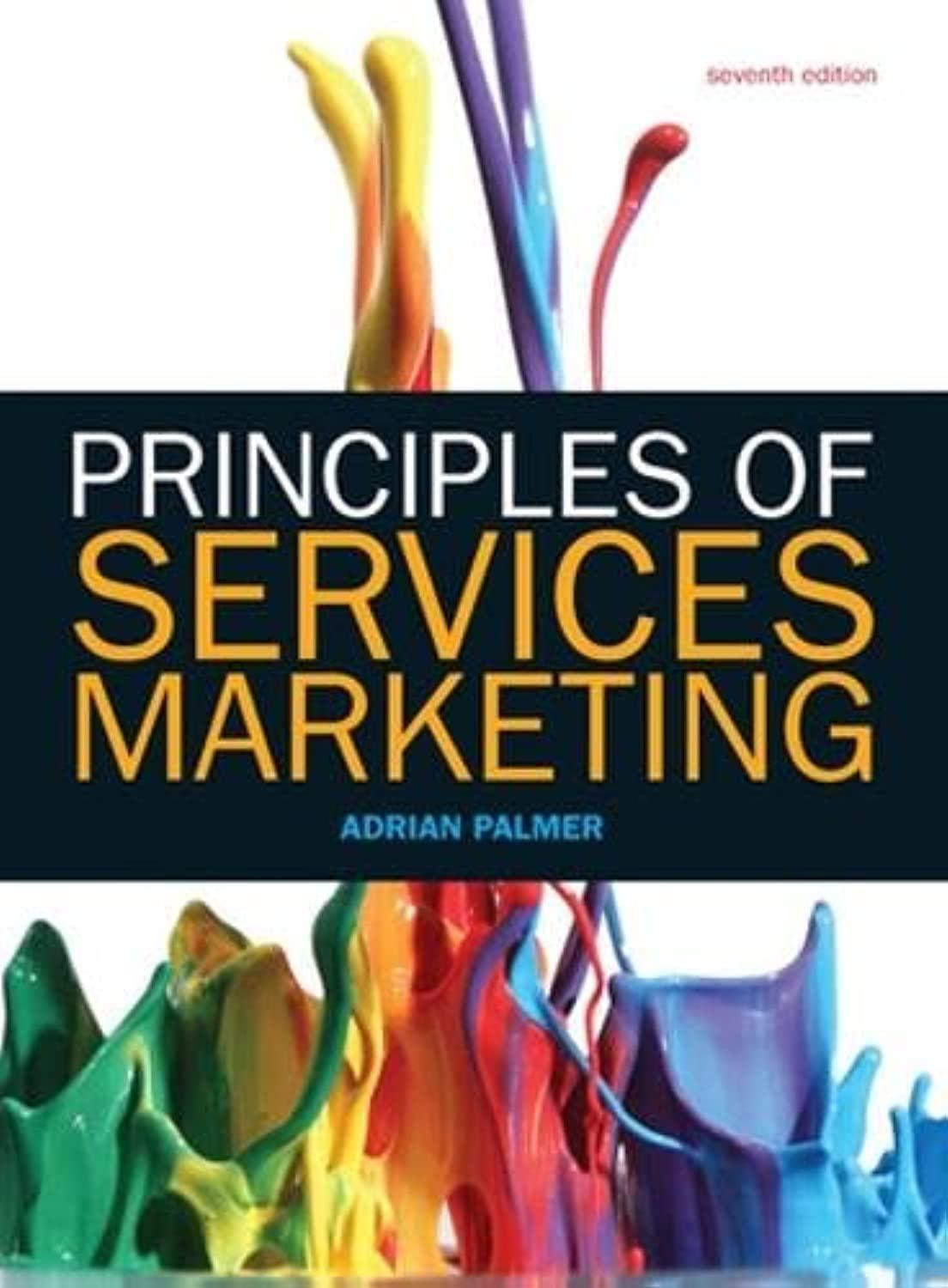Banks had never been popular among the general British public, but from 2008 their reputation fell to
Question:
Banks had never been popular among the general British public, but from 2008 their reputation fell to a new all-time low. Many media commentators, politicians and the public saw bankers in general as a greedy, short-sighted group of people whose selfish pursuit of big bonuses had brought about the near collapse of the national economy. Many people were outraged when the UK government spent billions of pounds rescuing Royal Bank of Scotland and Lloyds Banking Group from collapse, only to see these banks continuing to pay bonuses to their senior staff, while restricting the loans they advanced to ordinary small businesses and private households. To many people, one bank is quite indistinguishable from another, and loyalty to a bank often derives from historical inertia — the pain of switching banks may be perceived as greater than the pain of simply putting up with their current bank. Very few banks have successfully communicated a message that allows them to stand out as something quite different from their competitors. A few, such as First Direct, have acquired loyalty through high levels of customer satisfaction. But one UK bank - the Co-operative Bank — has gone one step further by clearly communicating its ethical credentials and acquiring a high level of loyalty from its customers. Its long-term communication strategy seemed to be paying dividends in the depths of the banking crisis when other banks were being ridiculed.
The Co-operative Bank can trace its origins back to 1872 when it was established by the Co-operative Wholesale and Retail Societies. By the mid-1980s it had enjoyed a period of steady growth and its branch size passed 100, helped by several innovative new products such as free in-credit banking, extended opening hours and interest-bearing cheque accounts. However, the bank found its market position being steadily eroded by increased competition from the major clearing banks and particularly building societies that were able to enter the personal banking sector, following deregulation of the banking sector. As a result of increased competition following deregulation, the bank saw its market share fall from 2.7 per cent in 1986 to 2 per cent by 1991. Alongside this trend the bank faced a changing customer profile. Traditionally, the bank had attracted a high proportion of its customers from the more affluent ABC1 social groups. By 1992 an increasing number of new accounts were being attracted from the C2DE social groups, while at the same time the bank was losing its core ABC1 accounts.......
Case study review questions
1 Critically evaluate methods that could be used by the Co-operative Bank to assess whether its promotion as an ethical bank has been effective.
2. Discuss the dangers that the Co-operative Bank could face in promoting an ethical position.
3. Critically assess the promotional positioning of other banks with which you are familiar.
Step by Step Answer:






